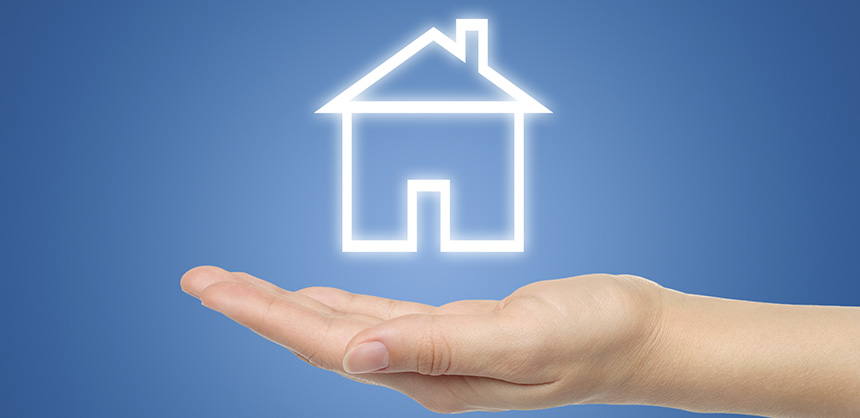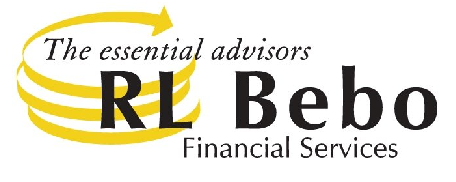
How Can I Protect My Home?
Since your home is one of your greatest assets, you should make sure it is adequately protected. That's where homeowners insurance enters the picture. Homeowners insurance protects against liability (in case someone is injured on your property), damage to the structure of your home and/or personal belongings, and theft.
Although policies vary, a typical homeowners policy provides coverage for damage caused by certain "perils," such as fire, lightning, and wind damage (except in certain locations). However, you may need to purchase a separate endorsement or policy to cover certain disasters such as floods, earthquakes, and tornadoes, which can be a good idea if you live in a high-risk area.
When reimbursing you for a loss, insurance companies use one of two methods to determine the value of property; replacement cost and actual cash value. With replacement cost, the insurance company pays you the cost of replacing damaged property; there is no deduction for depreciation but there is a maximum dollar amount. With actual cash value, the insurance company pays you an amount equal to the replacement value of damaged property minus a depreciation allowance. Keep in mind that before you are reimbursed, you'll need to satisfy a deductible.
In addition to insuring your property, the typical homeowners policy includes liability protection that provides coverage for damages caused by your negligence. Medical payments to third parties and your legal costs for any lawsuits brought against you are also included. Most homeowners policies provide a standard amount of liability coverage (usually $100,000) per accident.
You'll want to purchase enough property coverage to cover the replacement cost of your home and its contents. The amount of liability coverage you'll need to purchase will depend on the assets you would like to protect (e.g., home, car, investments). The cost of homeowners insurance depends on the amount of your coverage, any endorsements you add to the policy, and policy deductibles. Because premiums for similar policies vary from company to company, it pays to shop around and compare rates.
The information in this newsletter is not intended as tax, legal, investment, or retirement advice or recommendations, and it may not be relied on for the purpose of avoiding any federal tax penalties. You are encouraged to seek guidance from an independent tax or legal professional. The content is derived from sources believed to be accurate. Neither the information presented nor any opinion expressed constitutes a solicitation for the purchase or sale of any security. This material was written and prepared by Broadridge Advisor Solutions. © 2024 Broadridge Financial Solutions, Inc.



